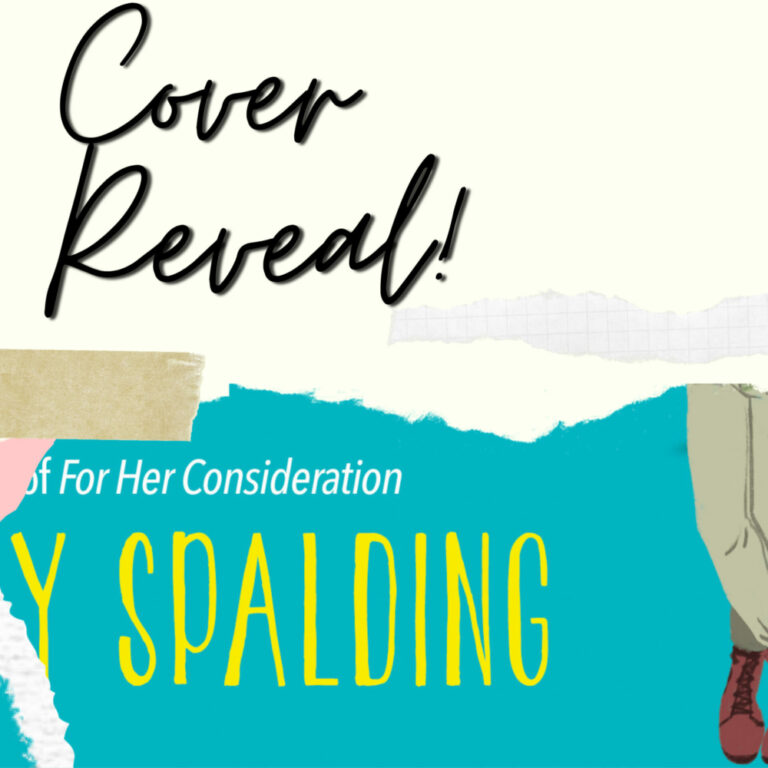Growing up, I was always the sort of kid who would get immensely excited over anything to do with books. Whether it be a trip to the library or an outing to a book store, there were few activities I enjoyed more than those centered around literature. Back then, I never thought of reading and writing as anything more than pleasurable pastimes. I loved receiving new books and would regularly sit in my bedroom penning poems and short stories.
As a six-year-old, I remember dragging half my bookshelf into the bathroom, where, to the horror of my parents, I would sit on the toilet happily reading for hours …What? No one interrupts you in the bathroom! Despite my strange ways, it was abundantly clear to those around me that I, for whatever reason, had developed quite the affinity for words. Whilst I was aware of this passion, it wasn’t until my love of literature was challenged in my schooling years that I began questioning the true importance of reading and writing.

In primary school, I distinctly remember participating in a recreational reading initiative called ‘silent reading’. As the name implies, silent reading involved sitting silently with a book of your choice and reading for a designated block of class time. As a self-proclaimed bookworm, I couldn’t think of a better way to pass the hours and silent reading quickly became the highlight of my school week. I assumed everyone would be equally as elated over this golden reading opportunity; however, this wasn’t the case, and for the first time I realised a love of books wasn’t shared by all.
Many students viewed silent reading as a laborious task during which they’d goof around: swinging on chairs and whispering as loudly as humanly possible. As someone who enjoyed silent reading, I quickly adopted the title of resident ‘book nerd’ and was teased by certain peers for my bookish interests. This ridicule continued as I began placing in state writing competitions only to be greeted by a bombardment of negative comments ranging from ‘writing is a waste of time’ to ‘reading isn’t cool’ and ‘books are boring’.
To add insult to injury, I’m yet to forget the day my high school maths teacher tried to tell me words weren’t as important as numbers after I revealed my decision to stop studying maths (she may also have told me such a decision would destroy my future life prospects for all eternity but hey, here I am writing for Frolic, so I guess the joke’s on her!). Nevertheless, this barrage of criticism throughout my schooling got me thinking: why do reading and writing matter? And just how powerful are words?
Let’s break this down:
Reading: Although it may not appeal to everyone, reading holds a range of therapeutic benefits. As we get lost in the pages of a gripping article or story, our attention is diverted away from our worries and our imaginations are actively stimulated. This helps to clear and relax the mind and prepares our bodies for sleep, resulting in a better night’s rest. In fact, studies have shown that just six minutes of reading can lower blood pressure and reduce stress by 68% —that’s a win in my book (pun very much intended!)
Aside from reducing stress, reading also helps to keep our brains active—increasing memory and improving concentration. People who read frequently tend to have more expansive vocabularies, better writing skills and higher levels of empathy and emotional intelligence than those who don’t. Reading across a wide range of genres also serves to increase our knowledge and boost our creative and analytical thinking. Lastly, reading enables us to be transported to far-flung worlds regardless of where we are or what we’re going through—now that’s some serious magic!

Writing: At first glance, the importance of writing seems obvious: without writing we wouldn’t have reading material and the previously listed benefits wouldn’t exist. Whilst this is true, the power of writing doesn’t stop there! Expressive writing mediums such as poetry, journaling and blogging all hold significant therapeutic value. Although we might not realise it, jotting down our thoughts and feelings can actually boost mood, improve gratitude and combat stress. Writing is also a great way of communicating complex ideas—often more effectively than verbal expression.
Additionally, creative writing is powerful as it provides others with an inside look at the intricacies of our imaginations. We are able to craft characters and settings that teach valuable lessons and serve as a source of inspiration and refuge (J.K. Rowling’s Harry Potter series is a world I regularly escape to during times of hardship). Furthermore, mediums such as script and songwriting are also fantastic ways of expressing ideas and emotions. Both movies and plays often convey powerful messages as do song lyrics that can resonate deeply and help us heal—something my favourite songwriter, Taylor Swift, does all too well.

So, there you have it. There’s no denying words are seriously influential! Whether it be spilling your thoughts onto a page or enjoying the books, plays, movies and music we all know and love; none of it would be possible without reading and writing! It might be hard to believe, but our ability to read the newspaper, visit the cinema or frequent the library is all possible thanks to a bunch of words someone, somewhere scribbled across a page! How’s that for power!












